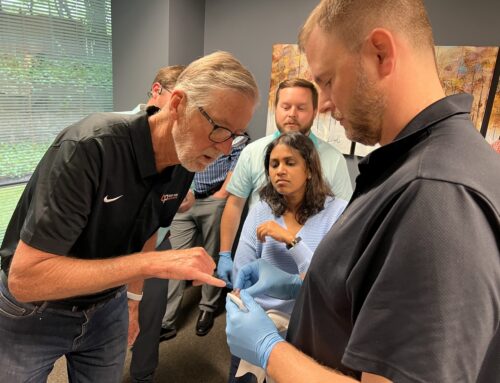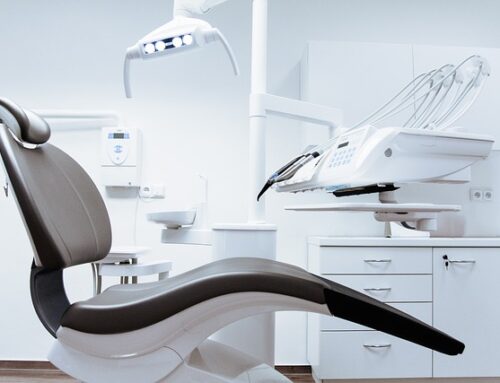It is common for people who have sleep apnea to not be aware of their symptoms because they are asleep when they occur. If your patient is unaware of his or her sleep apnea, you may be able to identify particular physical symptoms. As a dentist, you play a crucial role in the diagnosis and treatment of sleep apnea. By understanding sleep apnea and providing patients with proper treatment, dentists can save many lives.
The negative effect of skipping treatment
Despite having clear signs and symptoms, many patients with obstructive sleep apnea go undiagnosed. In return, when a patient is finally diagnosed with obstructive sleep apnea (OSA), he or she has had obvious symptoms of the disorder for an average of seven years. During those seven years, patients report visiting their family physician about 17 times and a subspecialist about nine times.
When sleep apnea goes undiagnosed, patients begin to experience a range of worsening symptoms and health conditions. By properly educating yourself and your practice, you can better diagnose and treat your patients, which helps improve their overall health.
Complications associated with sleep apnea
Comorbidities of sleep apnea have been shown to include a number of health conditions, including an increased risk of cardiovascular diseases, hypertension, diabetes, and more. Let’s explore five health problems that are linked with sleep apnea:
- High Blood Pressure. OSA can contribute to high blood pressure in people who have it due to frequent wakings at nighttime. This causes hormonal systems to go into overdrive, which results in high blood pressure levels.
- Heart Disease. OSA can also lead to heart attacks, which can cause people to die in the middle of the night due to low oxygen or the stress of waking up frequently during sleep.
- Type 2 Diabetes. Sleep apnea is very common among people with type 2 diabetes, which can also lead to obesity.
- Acid Reflux. While there is no proof that sleep apnea causes acid reflux or persistent heartburn, it has been shown that people with sleep apnea do complain of acid reflux. As a result, treatment of sleep apnea appears to improve acid reflux and vice versa.
- Obesity. The addition of weight raises the risk of sleep apnea, while losing weight can help cure sleep apnea.
Sign up for upcoming lectures to learn more about sleep apnea and find out how you can help improve their lives.






